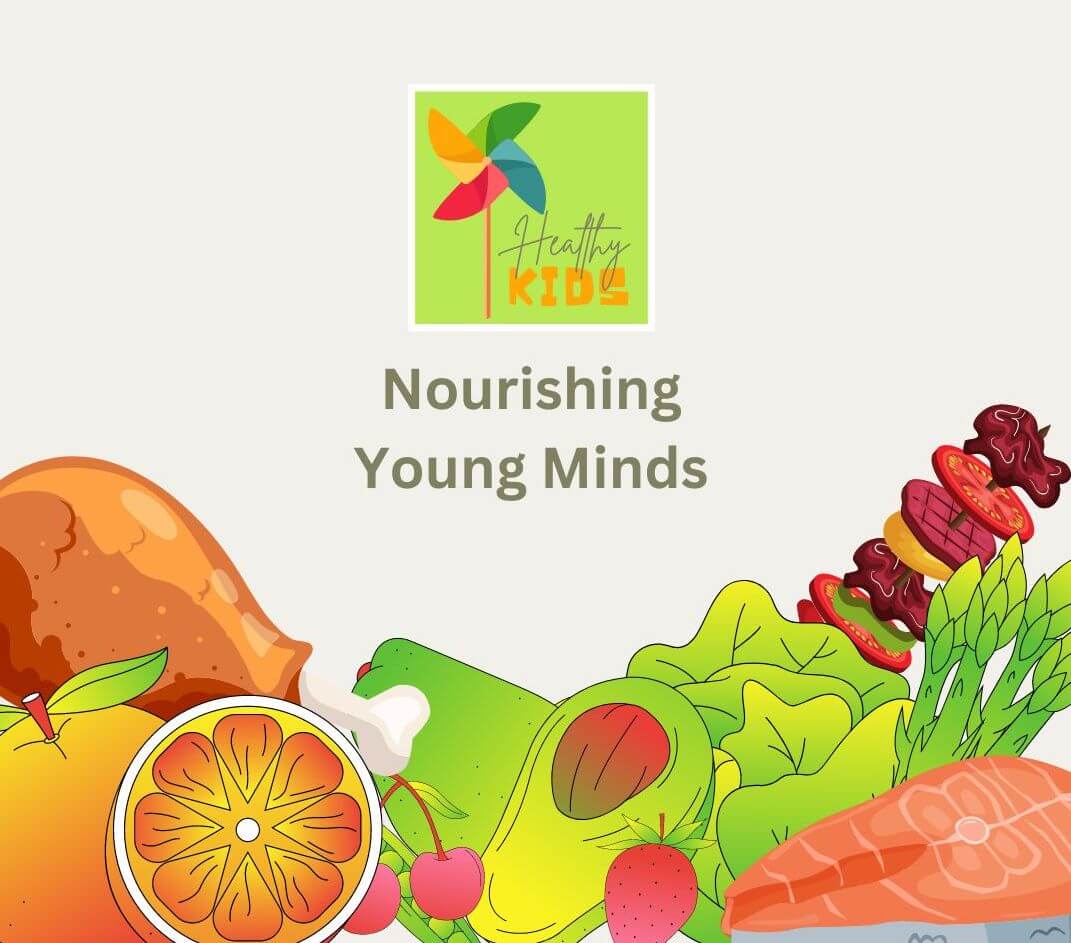The Link Between a Kids’ Diet and Their Emotional Well-being
As parents and caregivers, we’re constantly seeking ways to support our children’s well-being, and understanding the connection between nutrition and emotional health is crucial. A topic that’s increasingly relevant in our fast-paced world – the role of a kids’ diet in managing stress and anxiety among children.
Nourishing Young Minds
Just as our physical health is influenced by what we eat, our emotional health is also tied to our nutritional choices. The same applies to our children. Research suggests that a balanced diet can play a significant role in helping children manage stress and anxiety.
Parenting comes with its share of worries, and helping our kids manage stress and anxiety is a top priority. Did you know that the foods our children eat can play a significant role in their emotional well-being? A balanced diet rich in whole foods, quality proteins, and colorful fruits and vegetables can provide the nutrients needed for optimal brain function and emotional regulation. Omega-3 fatty acids found in fish, chia seeds, and walnuts have been linked to reduced anxiety symptoms. Complex carbohydrates like whole grains help stabilize mood by providing a steady release of energy.
On the flip side, excessive sugar and processed foods can lead to energy crashes and mood swings, potentially exacerbating stress. That is why we offer Nutrition consultations and use the SHAPE ReClaimed program in our efforts to support healthy nutrition for kids.
Nutritional Strategies to Support Kids’ Emotional Health:
- Omega-3 Fatty Acids: Incorporating foods rich in omega-3 fatty acids, such as fatty fish, chia seeds, and walnuts, has been linked to reduced symptoms of anxiety. These healthy fats are essential for optimal brain function and emotional regulation.
- Complex Carbohydrates: Whole grains like brown rice, quinoa, and whole wheat bread provide a steady release of energy and help stabilize mood. They prevent energy crashes and mood swings that can contribute to heightened stress levels.
- Fermented Foods: A healthy gut is closely connected to mood and stress response. Including fermented foods like yogurt and kefir in your child’s diet can promote a balanced gut microbiome, potentially impacting their emotional well-being.
- Minimize Sugar and Processed Foods: Excessive sugar and heavily processed foods can lead to energy fluctuations and mood swings, potentially worsening stress and anxiety symptoms.
Tailoring Diet to Individual Needs
It’s important to remember that every child is unique. While these general guidelines can be beneficial, it’s equally crucial to pay attention to your child’s individual reactions to different foods. Encourage open conversations about how they feel after meals, and make adjustments accordingly. This is why we like using the SHAPE ReClaimed program for both kids and their families. This completely customized, anti-inflammatory approach to nutrition can make a big difference in your child’s health.
By nurturing our children with a balanced and nutrient-rich diet, we’re empowering them with the tools to navigate stress and anxiety more effectively. As you continue to support your child’s growth and emotional well-being, consider the impact that their diet can have on their overall health and consider learning more about how we would adjust the SHAPE ReClaimed program to meet your needs.
If you have any questions or would like further guidance on how to incorporate stress-reducing foods into your child’s diet, please contact us. We are here to provide you with the information you need to make informed choices for your child’s well-being.

